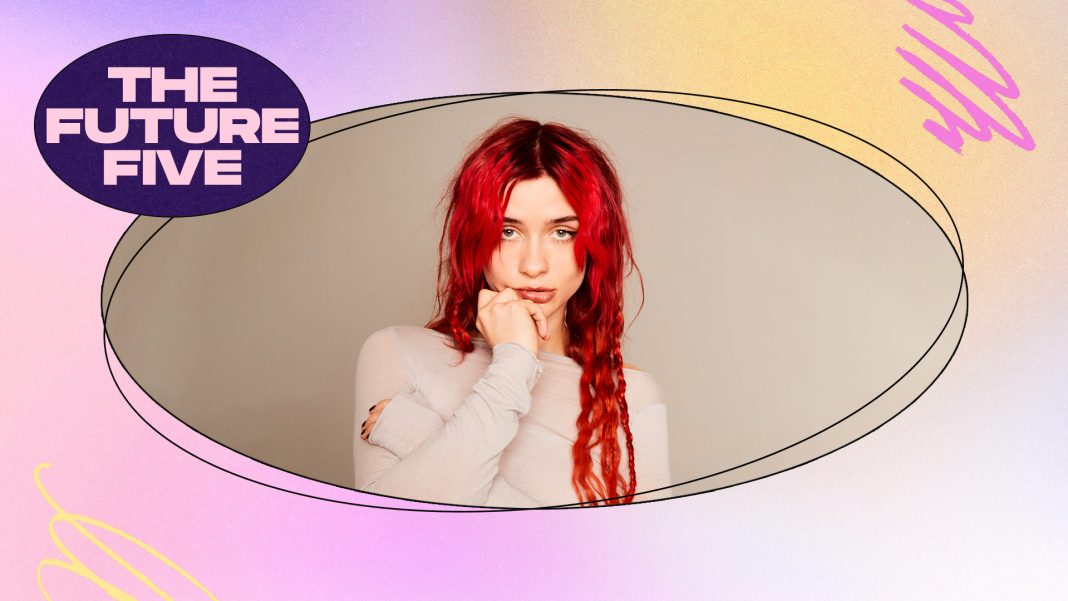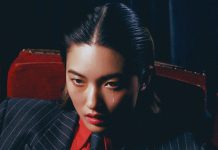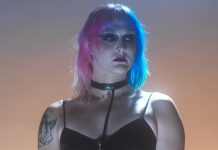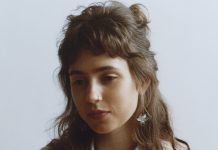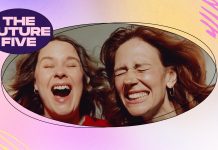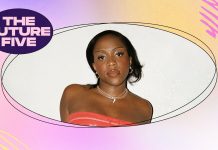Kaeto’s unique blend of electronic and alternative music sees her meld trip-hop, grunge and beyond. From cantering indie-rock earworm ‘No Body’ and the alt-pop of debut single ‘Good Morning’, to the dreamy ‘Little Me’, the rising London-based artist has crafted a sound that’s distinctly her own.
These genre-spanning sonics are fused with thoughtfulness to her music that comes from years of honed songwriting. Starting out penning songs on the piano from an early age (“I used to always write songs about what I was doing,” she laughs from her home in London over Zoom, adding: “there were loads of videos of me as a kid being like: ‘put the rubbish in the bin, put the rubbish in the bin'”), her musical approach now sees her focus in on the “work before the work”.
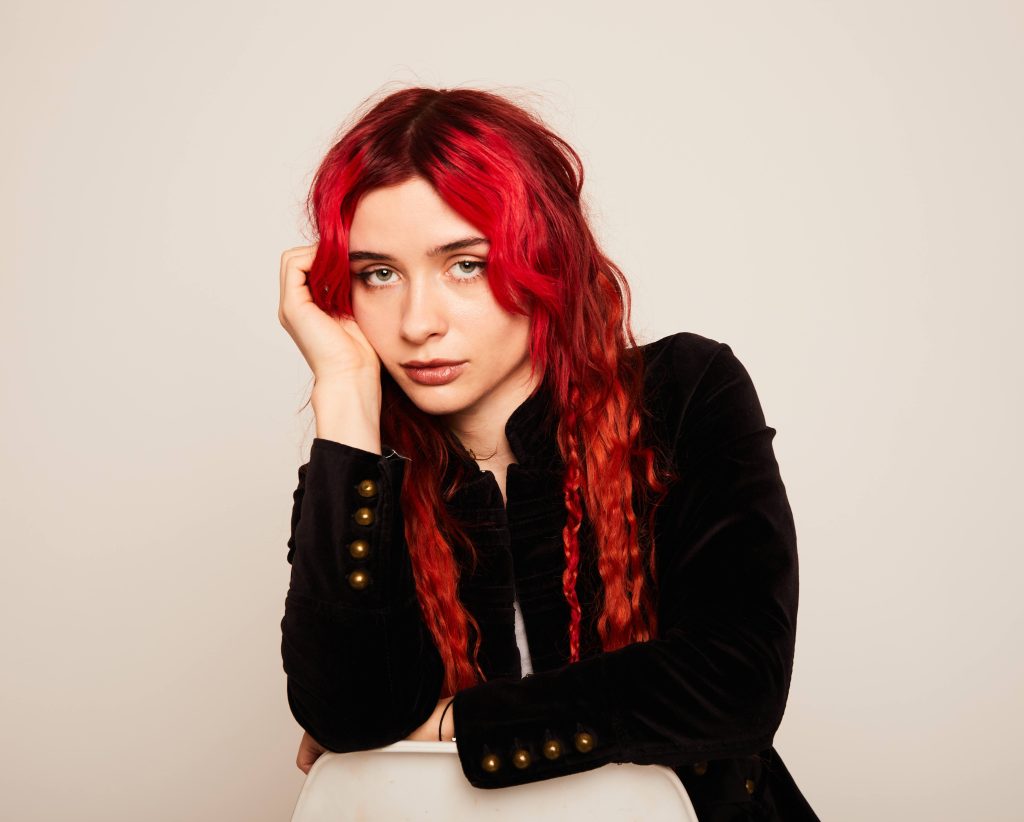
“There’s the idea that you’re a creative bucket, so you have to drink stuff in before you can produce stuff out,” Kaeto explains. Alongside creating a comfortable environment where she can relax into the songwriting, she also tries “to read something relevant to what I want to write about”.
This approach has yielded a collection of reflective and searing tracks: ‘Good Morning’ tackles imposter syndrome, while ‘No Body’ looks at human connectivity and modern relationships with technology. With further tracks on the horizon, we caught up with Kaeto to find out more about her songwriting process, attending clown school and her aims for the future.
Are there musical touchstones and influences you draw on in your music? Your sound can be very genre-spanning.
“I love Bjork and Portishead, but I also really love Nick Drake and Pixies and Nina Simone. I love weird voices I think, that’s always been the thing that’s really attracted me to artists… but I also have inspiration outside of music. I take a lot of inspiration from films [and] visual artists. So for this project, Blade Runner was a massive inspiration. Even the score for that is, I think, one of the best things that’s ever written, so it’s definitely not just musical inspiration. But my taste in music is quite broad, so then that’s probably why my genres jump so much.”
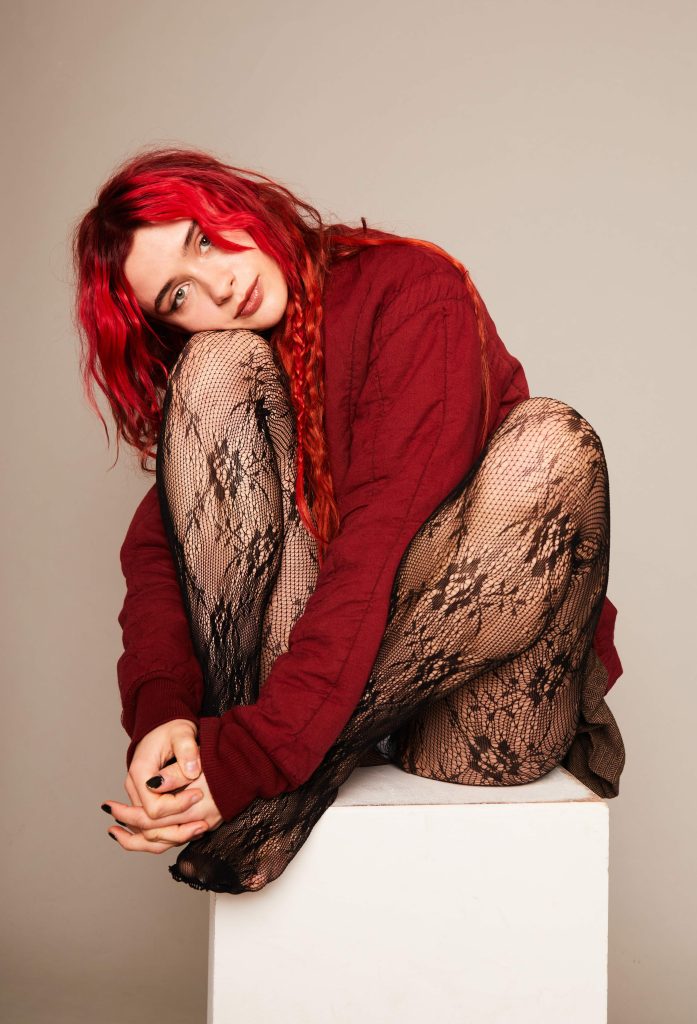
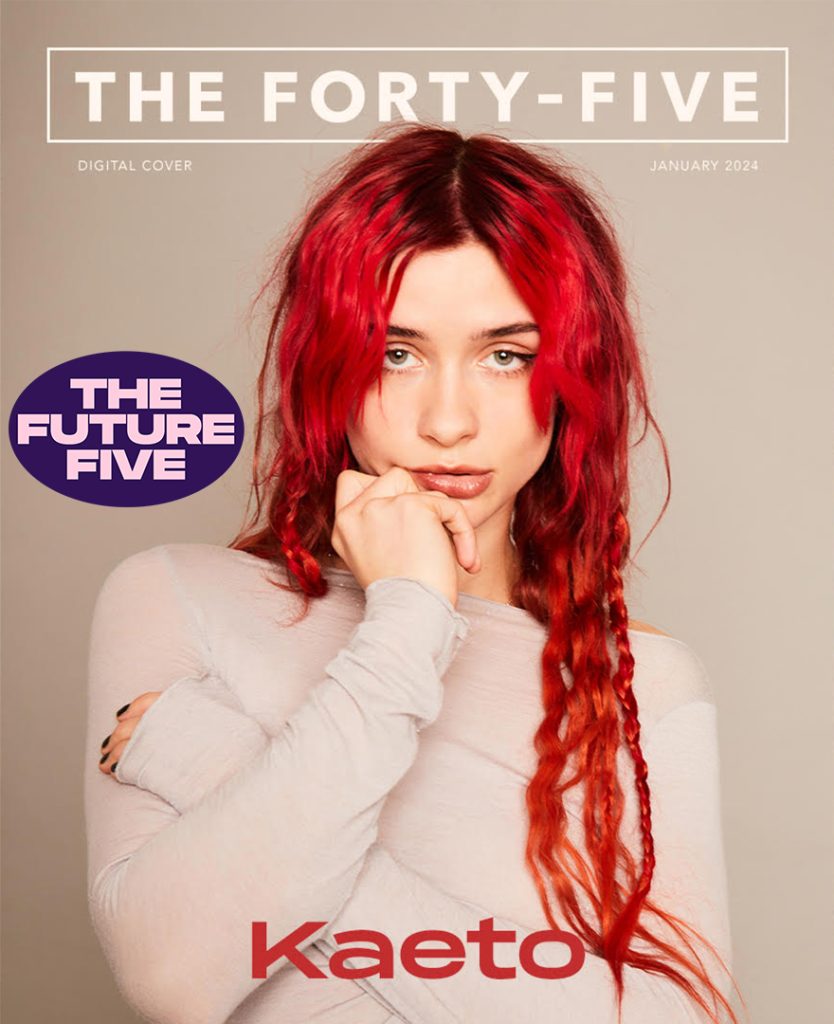
You went to clown school! When did you go, and what was it like?
“I’ve done two stints of courses, the most recent one I did two weeks at RADA in April. The whole obsession with it started with this book I read called ‘Animal Joy’. It’s about this psychoanalyst who goes to clown school and then draws a comparison between psychoanalysis and clowning. Because the whole thing is [that] play is the gateway to the subconscious… It’s very relevant with what I write about as well, [as] it’s about removing the social mask and giving relief to this abnormal. That’s why humour is so relieving because you’re saying: ‘we can unmask for a second and be truthful’.
“It’s a very uncomfortable thing to do, it’s really hard to be funny if you’re trying to be funny. I think that’s the least funny context, so I thought if I could survive doing stuff like that in front of people, it would just make going on stage so much easier, and then from it I got so much more than I really bargained to get.”
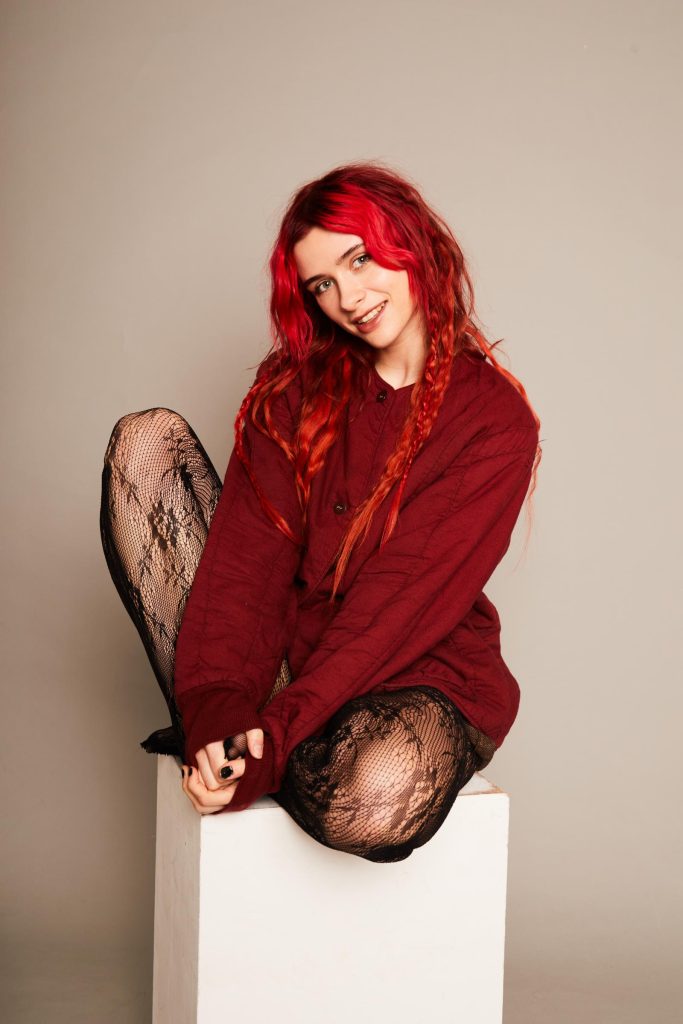
What did you get out of it?
“It’s all about how you have to have a connection with someone first before you find something funny. And there’s a thing about feeling drawn in in a performance, and then being able to enjoy the performance because you feel like you’re part of it. So what I do before I play a show is I always cast the net, so that everyone [feels involved], and I always make sure I’m always looking at the whole room.”
“You learn a lot from watching other people in clowning. Something can be not funny at all because they’d be doing it for themselves, and they’d be too embarrassed and they wouldn’t be looking at you. You’d get heckled quite a lot, and then the teacher would heckle you to look [at people], then as soon as the person looked at you, you’d be like; ‘Oh well it’s funny now!’ So much of humour is about trying to connect, and be safe and part of a tribe, [and] these are the things that I’m really interested in.”
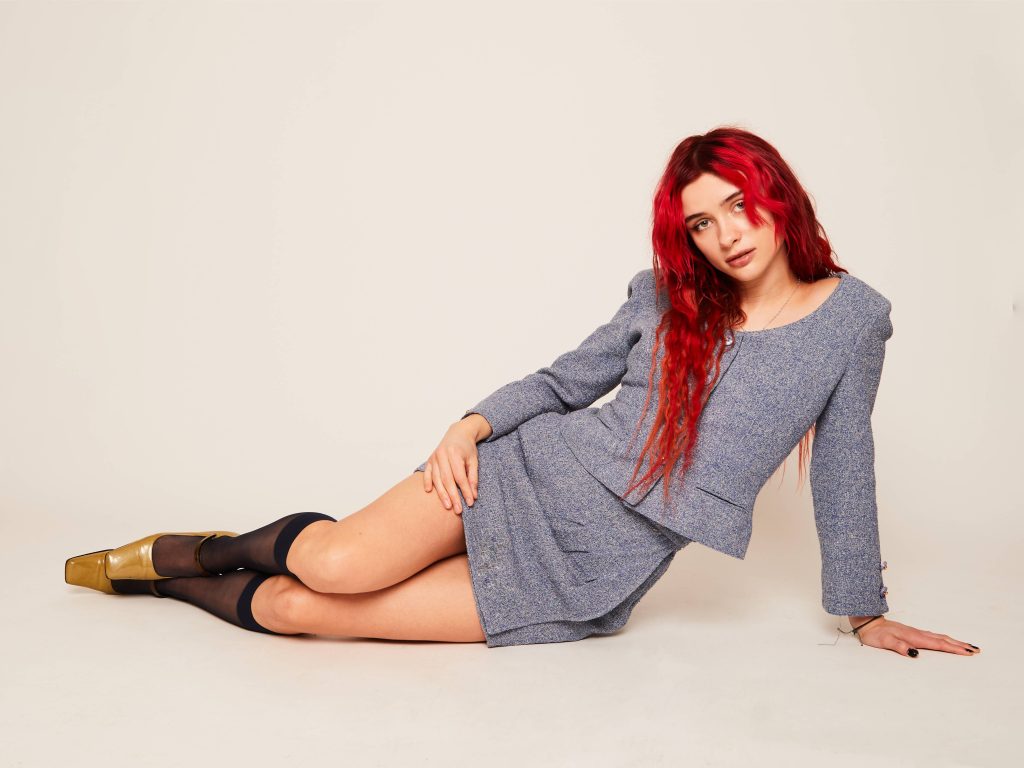
You’ve played some massive shows this year, including supporting Lauren Mayberry on tour. What did you learn from these shows?
“It was a reminder that everybody enjoys music differently. Some people do just want to stand and watch and drink it in. I think I’ve got a real thing, like a child pleasing a parent where I’m like: ‘Look at me, like me, like me, dance! Please!’. So I feel like I get a bit desperate sometimes and [when onstage] feel like ‘there’s nobody moving’, but some people just don’t enjoy music like that.”
“At the first show [supporting Lauren] that happened and I came off stage I was like ‘Oh god, everyone hated me’, and then I went in to watch Lauren and everyone was standing like that. It’s a bit arrogant to assume that everyone [will watch in a certain way]. Everyone enjoys music differently.”
What do you want the future to look like you for a musician?
“I’d love to play Glastonbury! I’d really love to travel, but I’d love to find a way to sustainably do the things I’d like to do. Me and my guitarist Jack are hand screen printing all the merch, so I go to charity shops and I find t-shirts and then I print on them, so we’ve got loads of really cool screens. I’d love to be able to find a way of applying that eco-friendly mentality to other parts of music.”
What does success look like to you?
“For me, success is being able to make things. If I didn’t work with people, I’d probably make songs and not put them out, and I did that for so many years. So success to me is being able to make what I like to make.”
Get to know more of The Future Five for 2024


